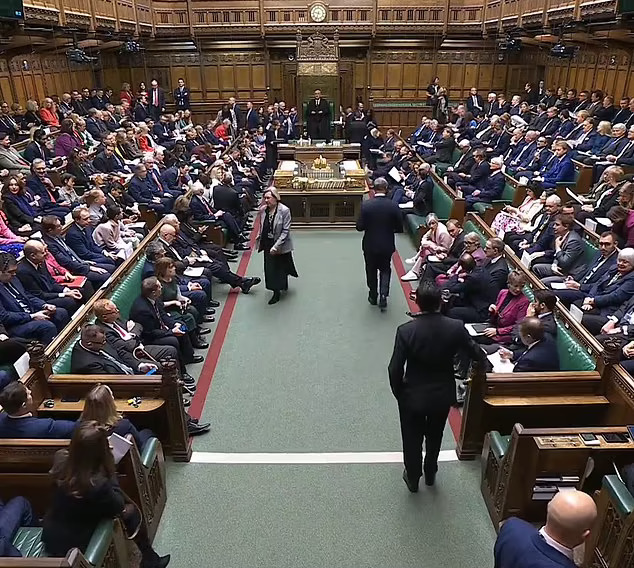British MPs have made a landmark decision by backing a bill that could legalise assisted dying for terminally ill individuals in England and Wales. The Commons approved the second reading of the Terminally Ill Adults (End of Life) Bill with a majority of 55 votes, passing it 330 to 275.
If enacted, the legislation would permit mentally competent adults with a prognosis of less than six months to seek an assisted death, subject to the approval of two doctors and a High Court judge.
This marks the first parliamentary vote on assisted dying since 2015. MPs from all parties were granted a free vote, while the Government maintained a neutral stance. The bill now moves to the committee stage for amendments and further scrutiny in both the Commons and the House of Lords, with any legal changes unlikely to take effect before next year.
Labour MP Kim Leadbeater, who introduced the bill, stated that even if the law passes, it could take up to two years to implement an assisted dying service.
Debate over the bill evoked deeply personal reflections in the Commons. Dame Meg Hillier, a senior Labour MP, tearfully recounted her daughter’s battle with acute pancreatitis and emphasised how “good medicine” alleviated her suffering. She argued that legalising assisted dying represents a profound shift in the relationship between the state, citizens, and medical professionals.
“We are being asked to cross a Rubicon,” she said. “If we have a scintilla of doubt about allowing the state that power, we should vote against this today.”
Outside Parliament, campaigners both supporting and opposing the bill gathered as MPs cast their votes. While the outcome marks progress for proponents, the legislation still faces extensive debate and refinement in the months ahead.



